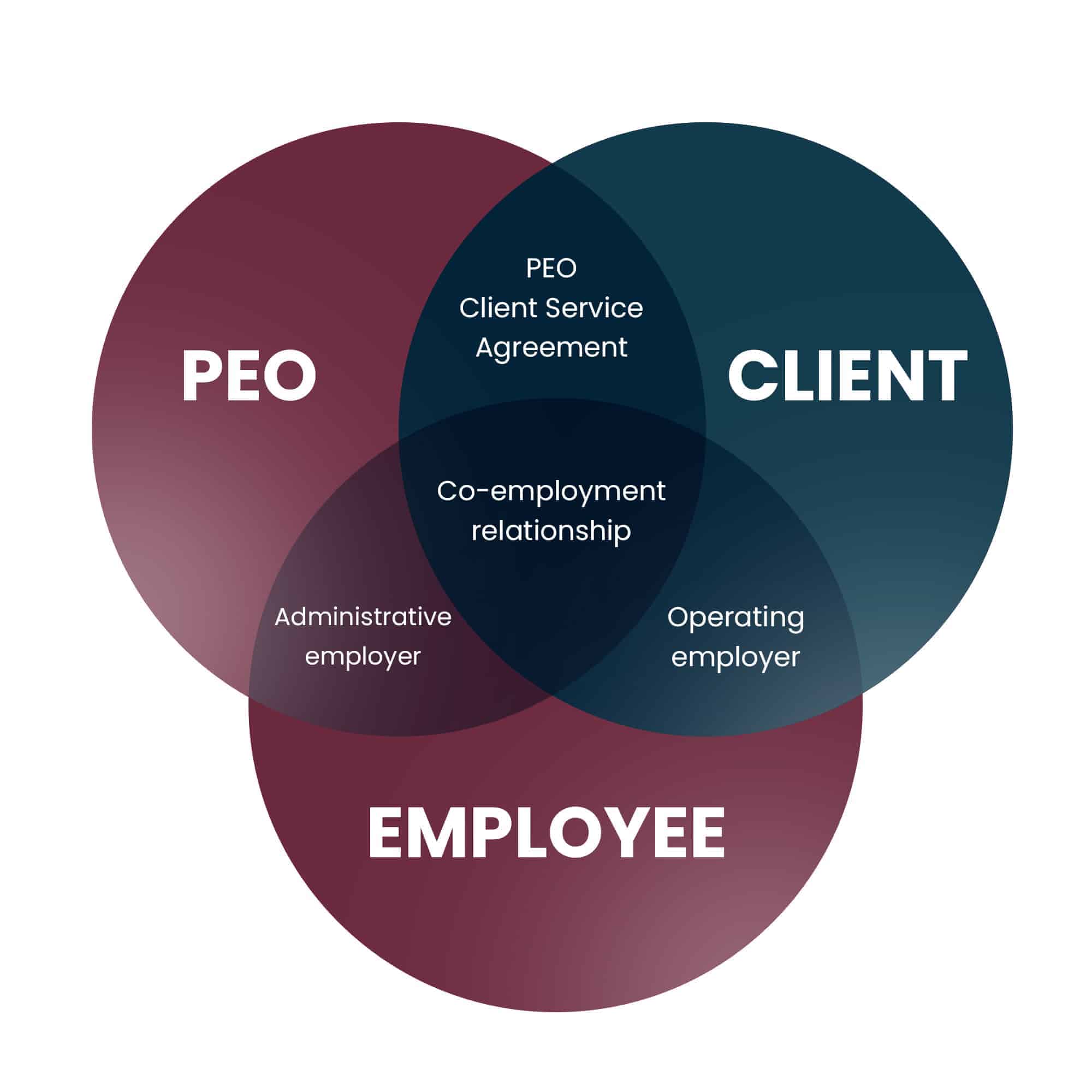Venturing into the Chinese market presents exciting opportunities, but navigating the complexities of its labor laws is crucial. Understanding your obligations as an employer will ensure a smooth operation and a positive working environment for your staff. Here’s a breakdown of key Chinese labor regulations that Australian businesses need to consider:

Contractual Agreements:
- Written Contract is Mandatory: Chinese labor law requires a written contract for all employees, outlining terms and conditions of employment. Provide a translated version in both English and Mandarin for clarity.
- Minimum Wage: Minimum wages are set by individual provinces and municipalities. Research and comply with the minimum wage applicable to your location and industry.
- Working Hours: The standard workweek in China is 40 hours, with a maximum of 8 hours per day. Overtime is permitted with employee consent, but capped at 3 hours per day and 36 hours per month. Employees must be compensated for overtime work at a higher rate.
Social Security and Benefits:
- Mandatory Social Security Contributions: Both employers and employees contribute to social security programs covering pensions, unemployment insurance, medical insurance, and work-related injury insurance. Employer contribution rates vary depending on the specific program.
- Paid Leave: Employees are entitled to paid annual leave, usually ranging from 5 to 15 days depending on length of service. They are also entitled to paid sick leave, maternity leave, and other statutory holidays.
Additional Considerations:
- Probationary Period: A probationary period can be included in the employment contract, typically lasting 1-6 months. During this time, termination can be easier for both employer and employee.
- Termination: Termination procedures must be followed according to the contract and labor law. Severance pay is usually required in cases of termination without employee misconduct.
- Unionization: Employees have the right to join unions, though unionization rates in the private sector are generally low.
Building a Positive Work Environment:
- Respectful Workplace: Chinese labor law emphasizes a safe and healthy work environment. Implement proper safety protocols and foster a culture of respect within your company.
- Dispute Resolution: Mechanisms for resolving workplace disputes through negotiation, mediation, or arbitration are available. Familiarize yourself with these procedures.
Staying Compliant:
- Seek Professional Guidance: Navigating China’s labor laws can be complex. Consider partnering with a human resources (HR) professional or legal expert specializing in Chinese labor law.
- Stay Updated: Labor laws and regulations are subject to change. Stay informed about any updates to ensure your business remains compliant.
Building a Strong Workforce in China
By understanding and adhering to China’s labor regulations, Australian businesses can build a strong and motivated workforce. A commitment to fair treatment, competitive compensation, and a safe work environment will not only keep you on the right side of the law but also foster employee loyalty and contribute to the long-term success of your venture in China. Remember, a happy and engaged workforce is a productive workforce!


 Compensation Plan Perfecto
Compensation Plan Perfecto